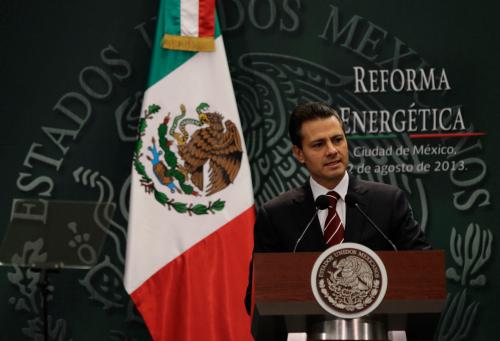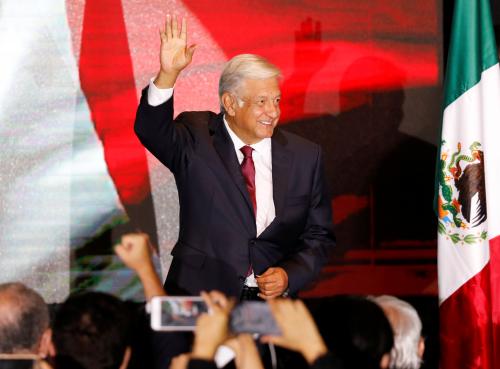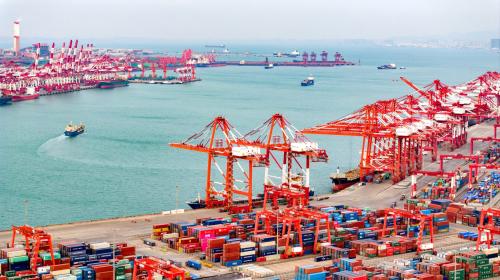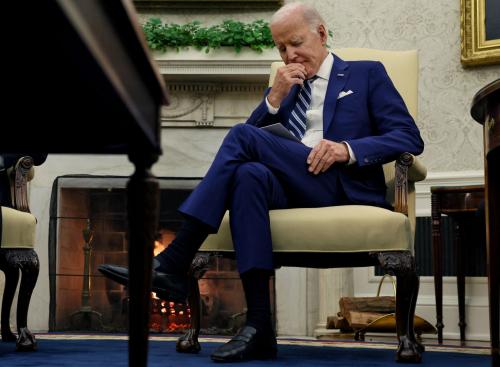Mexicans, frustrated with years of increasing violence and corruption and sluggish economic growth, elected a new president on Sunday. Andrés Manuel López Obrador is a charismatic populist who won the presidency in a landslide, vowing to overthrow the “mafia of power” in Mexico. His election is concerning to international business interests in Mexico, particularly those in the oil and gas industry. Although he has softened his earlier strident views on Mexico’s energy reforms, he remains skeptical of the reforms’ benefits for Mexican citizens.
Oil Reforms were a big step for Mexico
President Enrique Peña Nieto assumed the presidency in 2012 amid a wave of optimism. He garnered sufficient support to amend the constitution to reform the Mexican energy sector, rolling back the state-owned monopolies that dominated oil, gas, and electricity production and supply.
One cannot overstate the importance of oil to Mexico. The day in 1938 when Mexico nationalized the oil industry is still celebrated as a national holiday and Mexicans consider the resource an important part of their national patrimony. But the country’s oil production has fallen in recent years, as the giant Cantarell field is in decline and a mismanaged and cash-poor Pemex, Mexico’s national oil company, has not invested enough to make up for the loss.
Since the reforms, the Mexican government has entered into oil and gas exploration contracts with nearly 80 companies. Contracts already in place under the reforms could yield $200 billion in investments in Mexico’s energy sector in the coming years. These investments will benefit Mexico’s economy and its people, but these benefits will take time to appear. Politicians and energy investments operate on different timeframes, and Peña Nieto will not see the fruits of his reform within his term.
In the meantime, Mexican citizens are skeptical of the reforms and most concerned about pocketbook issues—the prices for gasoline and electricity that they pay every day—as my Brookings colleagues recently explored in an excellent paper.
Will López Obrador retain the reforms?
In the past, President-elect López Obrador was strongly opposed to the energy reforms. In 2014, he led an effort to hold a binding national referendum to abolish the reforms, but the supreme court blocked the effort. Completely reversing the reforms would be another change to the constitution, requiring a two-thirds vote from both houses of congress and approval from a majority of the 32 state legislatures.
López Obrador has softened his opinion of the reforms since then. He has pulled back his promise to reverse them, instead stating that he will review all contracts established under the reforms to ensure that they are in Mexico’s national interest. Just before the election, his business advisor Alfonso Romo said that López Obrador was open to more contracts for oil and gas exploration if the process was not tainted by corruption. Romo also said that he was comfortable with the contracts that he had reviewed thus far.
Uncertainty is the biggest challenge to investment in Mexico’s oil and gas sector today.
Despite these reassurances, uncertainty is the biggest challenge to investment in Mexico’s oil and gas sector today. As López Obrador makes the transition from campaigning to governing, he will face pressures from many directions. It remains to be seen how he will balance business interests and economic growth against the demands of his populist base. The process of reviewing contracts for oil and gas development introduces uncertainty—López Obrador could bring the auction process for new exploration to a halt without changing any laws or the constitution, just by making the process too risky for investors.
López Obrador has other plans that could be challenging for Mexico’s energy landscape. During the campaign he pledged to freeze fuel prices for three years and called on Pemex to build two refineries to reduce Mexico’s dependence on U.S. refining capacity. These actions could cause great harm to Pemex’s already shaky finances.
I’m in Mexico now and have been watching the news and talking to people about the election. In my admittedly unscientific sample, people desperately wanted change and are pleased to have a democratically elected president from outside the two main parties. However, they are uncertain whether López Obrador will rule as the populist firebrand he has been in the past, or as a more practical and mature leader as some of his prominent supporters have claimed. Running on a platform of change is relatively easy. Implementing change in a balanced and careful way is much more difficult.






Commentary
With a new president in power, what’s the future of Mexico’s much-needed energy reforms?
July 5, 2018